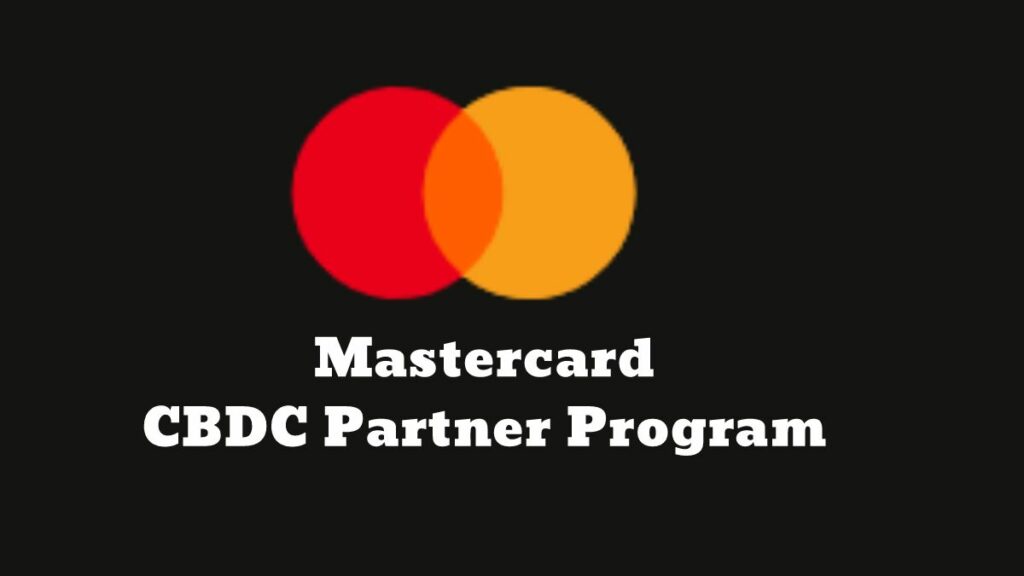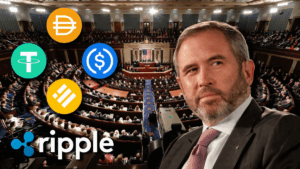Mastercard, the second-largest payment processor, has launched a CBDC Partner Program to foster the development of the infamous central bank digital currencies. Rippe and ConsenSys are among the top blockchain companies to join the program which is already arousing the suspicions of the entire community, due to the danger that these assets represent.
In an announcement on Friday, August 17, Mastercard said that its CBDC Partner Program is launched to help several central banks it partnered with research new digital currencies projects. This program brings together blockchain and payment industry leaders to achieve this goal.
It is worth remembering that CBDCs have been the desperate response of different governments to ” fight” the freedom and privacy that cryptocurrencies have granted to their users. Unlike cryptocurrencies, CBDCs are instruments that allow governments and regulatory entities to know in detail all the transactions made by the user and what they use their money for, giving them the power to control, stop and even cancel their operations, if they wish to do so.
We’re partnering with several central banks to help them research new digital currencies projects. It starts with understanding what they want to achieve with this technology, then building in transparency, consumer privacy and stability.
— Michael Miebach (he/him/his) (@MiebachMichael) August 17, 2023
We’re working toward those goals with a…
Initial partners include Ripple, Web 3 giant ConsenSys, “multi-CBDC and tokenized assets solution provider Fluency, digital identity technology provider Idemia, digital identity consultant Consult Hyperion, security technology group Giesecke+Devrient, and digital asset operations platform Fireblocks.”
All these firms are currently involved in CBDC projects in some way, with Ripple working on a US Dollar-backed Palau Stablecoin (PSC) with the government of Palao in addition to four CBDC pilot programs.
dANGEROUS: 93% of Central Banks are Exploring CBDCS
According to the Bank of International Settlements (BIS) 2022 survey, 93% of central banks are engaged in some form of work on CBDCs, and four retail CBDCs are already in full live circulation. Over half of these banks are experimenting or working on a pilot program. The survey estimates that fifteen retail and nine wholesale CBDCs will be circulating in the market by 2030.

However, a fully usable CBDC is still far away as many questions are needed to be answered. According to Jesse McWaters, head of global regulatory advocacy at Mastercard, these questions include the ”role of the private sector in CBDC issuance, security, privacy, and interoperability,” ”how a CBDC works with other commonly used payment mechanisms, what specific challenges CBDCs would solve and whether they’re even the right tool for the job.”
McWater added that a poorly implemented CBDC would disrupt the established payment systems and crowd out private-sector investment. Therefore, “It’s more important to get it right than to be first.”
The participation of companies such as Mastercard only confirms the desperation of the traditional financial sectors to regain the ground that cryptocurrencies have taken away from them.
As long as cryptos provide privacy and ease of movement to people’s money, companies like Mastercard will lose an important part of the market. While governments lose control of their citizens’ finances.
This alliance seeks precisely to regain control over those who have found freedom in cryptocurrencies such as Bitcoin.










